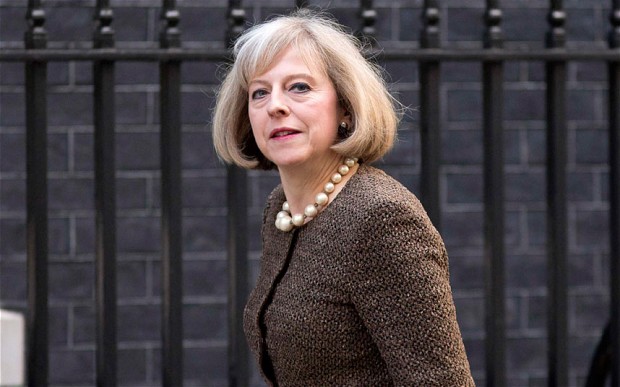 Former British Home Secretary Theresa May’s ascension to 10 Downing Street July 13 was not exactly a shock to most legal observers who have been closely following Britain’s vote to exit the EU.
Former British Home Secretary Theresa May’s ascension to 10 Downing Street July 13 was not exactly a shock to most legal observers who have been closely following Britain’s vote to exit the EU.
But where she goes from here is the subject of every dinner party conversation, according to London Lawyers.
While May, Britain’s new prime minister, was not exactly a cheerleader for “Leave” she has said she will honor the referendum. But now May is in the precarious position of trying to negotiate the best exit deal she can while not offending the 17.5 million voters who cast their ballots for a Brexit.
“It’s like doing a complicated crossword puzzle or Sudoku,” said Susan Laws, co-head of the London Office of Duane Morris. Laws said how May handles the negotiations will determine if there will be a true Brexit.
May has said she will not compromise on free movement of labor and Laws said she believes May is pretty much bound to those statements now.
“She will be punished in 2020 if she backs down,” Laws said. “She cannot afford to alienate all the people who voted Brexit.”
“She will be pragmatically Brexit,” Laws said.
The question now is just how far May is willing to go and what she might be willing to concede to make a deal with the European Union.
“There will be a lot of negotiation,” Laws said. “What does she have to give up?”
Laws said it won’t be as cut and dried as a Brexit or a non-Brexit. It is “what color Brexit. She can’t give the 52 percent [who voted Leave] absolutely everything. It will be Brexit light. But the question is, just how light?”
While Article 50 is supposed to be triggered at the end of the year – how that will be done is still not clear – May can request an extension.
“There is a lot of political wiggle room,” Laws said. “It depends on the economy. If it has completely tanked she will make all sorts of concessions.”







